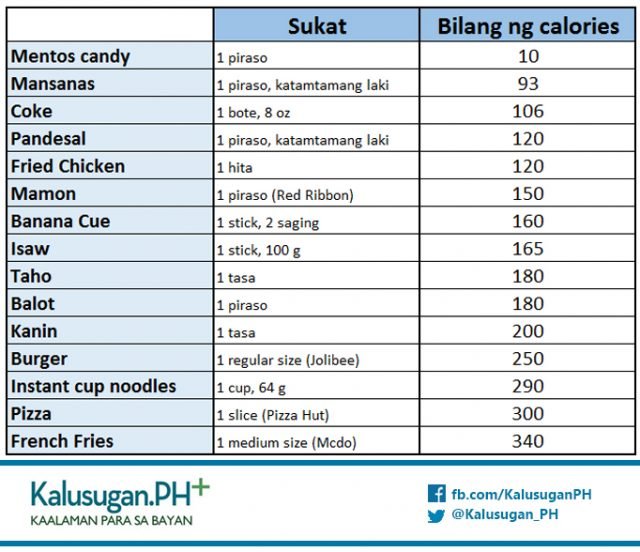Calories measure the energy we obtain from food, which fuels all bodily functions and activities. Every food item consumed contains calories, and understanding their content is essential for maintaining a balanced and healthy lifestyle.
The number of calories a person needs depends on various factors such as age, gender, physical condition, and lifestyle. For instance, a sedentary individual requires fewer calories than an active athlete, while growing children need more calories than elderly individuals with slower metabolisms.
Excess calories that are not burned off by the body are stored as fat, often leading to weight gain or obesity. Hence, monitoring calorie intake and aligning it with your daily activities is crucial to maintaining a healthy weight.
Here is the calorie content of some commonly consumed foods to help you make informed choices:
Common Foods and Their Calorie Counts
- Rice (1 cup, cooked): ~200 caloriesRice is a staple in many diets and serves as a primary source of carbohydrates. Moderating portion sizes can help manage calorie intake, especially for those with a sedentary lifestyle.
- Egg (1 medium): ~70 caloriesEggs are a rich source of protein and healthy fats. They are versatile and can be prepared in various ways, making them a popular choice for breakfast or snacks.
- Banana (1 medium): ~105 caloriesA banana is a convenient and nutritious snack packed with natural sugars, vitamins, and minerals. It’s an excellent energy booster for active individuals.
- Chicken Breast (100g, skinless): ~165 caloriesLean chicken breast is a go-to protein source for those looking to build muscle or maintain a healthy weight. Grilled or baked preparations are the healthiest options.
- Bread (1 slice, white or whole grain): ~80-100 caloriesBread provides carbohydrates for energy. Whole grain options are preferable as they are higher in fiber and keep you fuller for longer.
- Apple (1 medium): ~95 caloriesApples are low-calorie fruits packed with fiber and vitamins. They make for a satisfying snack or dessert alternative.
- Soda (1 can, 355 ml): ~150 caloriesSugary drinks like soda are high in empty calories, offering little to no nutritional value. Limiting consumption is advisable for those monitoring their calorie intake.
- Cheeseburger (1 medium): ~300-500 caloriesBurgers are calorie-dense and often contain high levels of saturated fats. Occasional consumption is fine, but regular indulgence should be avoided.
- Spaghetti with Meat Sauce (1 cup): ~220 caloriesThis popular dish is a moderate source of energy but can quickly become calorie-heavy when paired with creamy sauces or additional cheese.
- Milk (1 cup, whole): ~150 caloriesMilk is an excellent source of calcium and protein. Opting for low-fat or skim milk can help reduce calorie intake.
- Chocolate Bar (1 standard bar, 40g): ~200 caloriesWhile satisfying your sweet tooth, chocolate bars can contribute to excess calorie intake if consumed frequently. Dark chocolate with minimal sugar is a healthier alternative.
- Fried Chicken (1 piece, medium drumstick): ~160 caloriesFried chicken is a tasty treat but is calorie-dense due to its preparation method. Consider baked or grilled versions for a healthier option.
- Vegetable Salad (1 bowl with dressing): ~120-200 caloriesSalads can be low-calorie options, but the type and amount of dressing used can significantly impact calorie content. Opt for light dressings or olive oil for a healthier choice.
- Potato Chips (1 small bag, 30g): ~150 caloriesChips are calorie-dense and low in nutrients. They are best consumed in moderation or replaced with healthier snack options like nuts or baked snacks.
- Ice Cream (1 scoop): ~150-200 caloriesWhile a delicious treat, ice cream is high in sugar and fat. Smaller portions or lower-calorie alternatives like yogurt can satisfy cravings without overloading on calories.
Balancing Calorie Intake and Lifestyle
It is important to align your calorie consumption with your lifestyle and physical activity level. Active individuals require more energy to sustain their activities, while those with sedentary habits need to moderate their intake to avoid weight gain.
By being mindful of the calorie content in your daily diet, you can make healthier food choices and maintain a balanced energy intake. This awareness helps promote better weight management and overall health.



